Sign up for Red Sox updates⚾
Get breaking news and analysis delivered to your inbox during baseball season.
Get breaking news and analysis delivered to your inbox during baseball season.
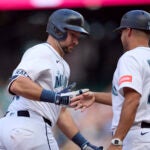
Red Sox
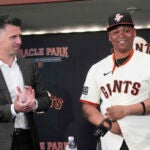
Rafael Devers
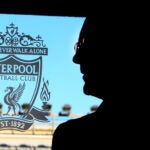
Red Sox
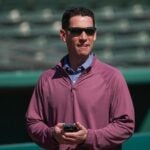
Red Sox
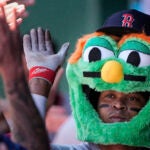
Morning Sports Update

Chad Finn

Roman Anthony
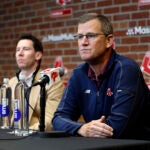
Red Sox
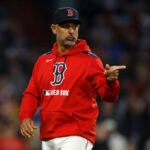
Red Sox

Red Sox
| Game date | Home game | Competing team logo Competing team location | Game start time |
| This game is hosted by the opposing team.@ | Logo for the San Francisco GiantsSan Francisco | ||
| This game is hosted by the opposing team.@ | Logo for the San Francisco GiantsSan Francisco | ||
| This game is hosted by the opposing team.@ | Logo for the San Francisco GiantsSan Francisco | ||
| This game is hosted by the opposing team.@ | Logo for the Los Angeles AngelsLos Angeles | ||
| This game is hosted by the opposing team.@ | Logo for the Los Angeles AngelsLos Angeles |
| Team | W | L | PCT | GB |
|---|---|---|---|---|
| New York | 42 | 31 | .575 | 0 |
| Tampa Bay | 41 | 33 | .554 | 1.5 |
| Toronto | 40 | 33 | .548 | 2 |
| Boston | 39 | 37 | .513 | 4.5 |
| Baltimore | 31 | 42 | .425 | 11 |





Stay up to date with everything Boston. Receive the latest news and breaking updates, straight from our newsroom to your inbox.